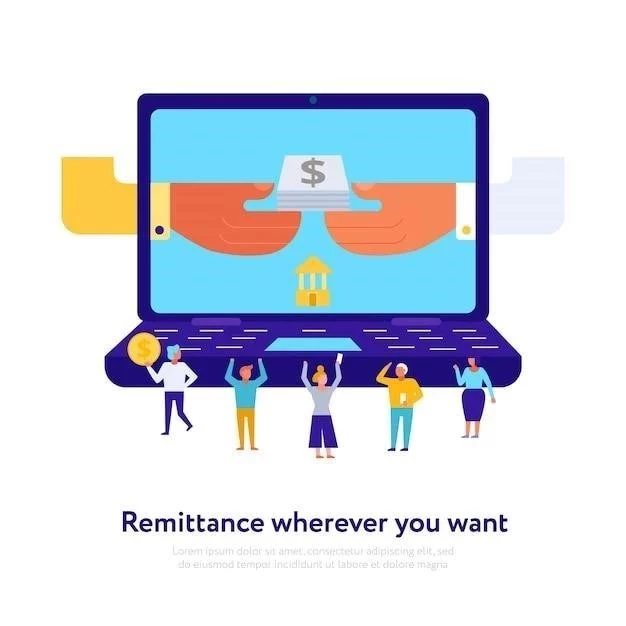Table content
## Possible Effects of Halting Digital Requests for Income-Based Reimbursement Scheme Programs
### Main Conclusions
* The United States Education Department has ceased to take digital requests for each income-based reimbursement (IDR) program and debt unification.
* This probably connects to a legal action disputing the Department’s power to formulate educational loan discharge reimbursement schemes.
* Should the tribunals decide negatively against the Department, debtors registered in the SAVE scheme may be moved to alternative reimbursement programs, and those within ICR and PAYE schemes may not obtain debt discharge as anticipated. TruBit Collaborates with Morpho to Introduce DeFi Unearned Revenue in Latin America
The Education Department has deactivated digital requests for income-based reimbursement programs, prompting inquiries regarding the implications for debtors presently signed up for these programs.
The digital request was taken down from the Federal Student Assistance webpage in the prior week. Nevertheless, physical requests are still accessible for downloading, and debtors are still able to send them via postal service. Betsy Mayotte, leader of the Student Debt Counselor Organization, mentions that fresh debtors could encounter postponements in handling their requests.
This alteration should not impact debtors presently registered in SAVE, Income Contingent Reimbursement (ICR), Income-Based Reimbursement (IBR), or Pay As You Earn (PAYE) schemes unless they must re-validate their schemes. Mayotte implies that should their re-validation date occur throughout this digital request cessation, they may be granted a postponement on their due date.
This action is probably a reaction to the Eighth Circuit Court of Appeals’ ruling to maintain a temporary ban against the SAVE scheme. The determination backs the states’ assertion that the Education Secretary and President Biden do not possess the power to put into practice reimbursement schemes similar to SAVE that result in debt discharge.
The destiny of individuals settling their educational debts through revenue-prompted reimbursement schemes, notably the freshest and kindest PRESERVE arrangement, is uncertain. Lawful arguments and conceivable changes in administration needs could significantly modify the circumstances of these initiatives, abandoning debtors doubtful of what the prospect contains.


